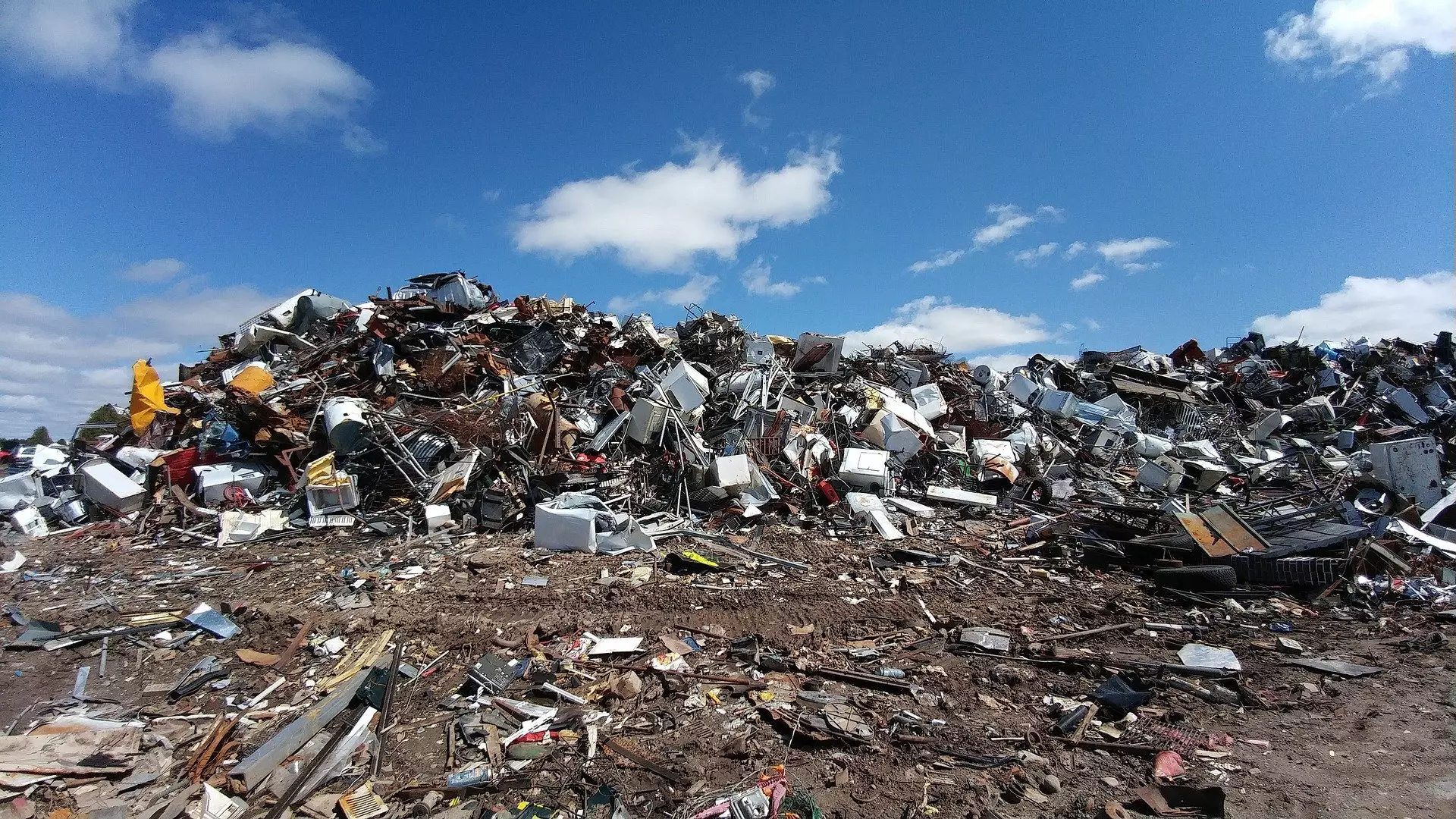The world is facing a crisis when it comes to methane emissions, a potent greenhouse gas that is contributing significantly to climate change. Despite pledges from over 150 nations to reduce methane emissions by 30% this decade, new research shows that global methane emissions have actually been increasing at an alarming rate over the past five years. This trend is troubling, as it threatens the delicate balance of our climate and the future of our planet.
The Impact of Methane on Climate Change
Methane is a highly potent greenhouse gas that plays a major role in driving global warming. Unlike carbon dioxide, methane heats the atmosphere nearly 90 times faster during the first 20 years after its release, making it a crucial target for mitigating climate change in the short term. The current trajectory of methane emissions is leading us towards a global warming of more than 3 degrees Celsius by the end of the century, far exceeding the goals set by the Global Methane Pledge.
While methane emissions come from both natural and human sources, it is the human activities that are driving the significant increase in emissions. Industries such as coal mining, oil and gas production, cattle ranching, and waste decomposition in landfills are among the primary contributors to the rise in methane emissions. Only a few regions, such as the European Union and possibly Australia, have managed to reduce methane emissions from human activities over the past two decades, while countries like China and southeast Asia have seen substantial increases.
The COVID-19 pandemic and resulting lockdowns in 2020 had a significant impact on global methane emissions. While transport-related emissions of nitrogen oxides (NOx) decreased during the lockdowns, leading to improved local air quality, it also had the unexpected effect of increasing methane accumulation in the atmosphere. The complex interactions between air quality and climate change are a stark reminder of how intertwined these issues are and how difficult it is to address them in isolation.
The latest research by the Global Carbon Project has shed light on the different sources of methane emissions, including human-influenced sources such as reservoirs and human activities in wetlands and freshwater bodies. This new perspective highlights the need to take into account all sources of methane emissions, both natural and human-induced, in order to effectively address the growing methane crisis. Awareness of the various factors contributing to methane emissions is crucial in developing targeted strategies to mitigate its impact on climate change.
The rising methane emissions pose a significant threat to our climate and the future of our planet. It is imperative that we take immediate and decisive action to curb these emissions and prevent further damage to our environment. By understanding the complex interactions between different sources of methane emissions and the impact of human activities, we can work towards a more sustainable future for generations to come.


Leave a Reply